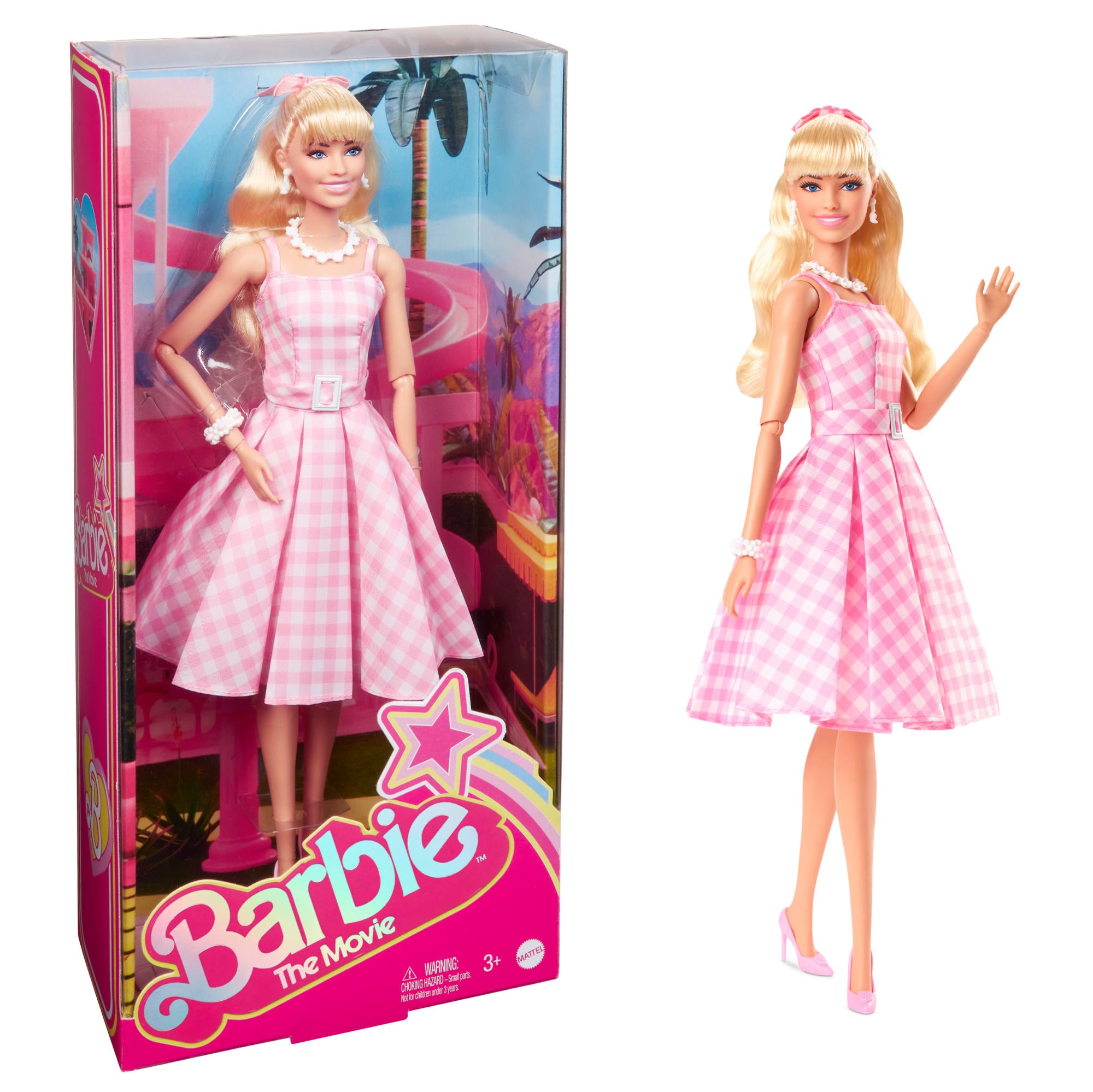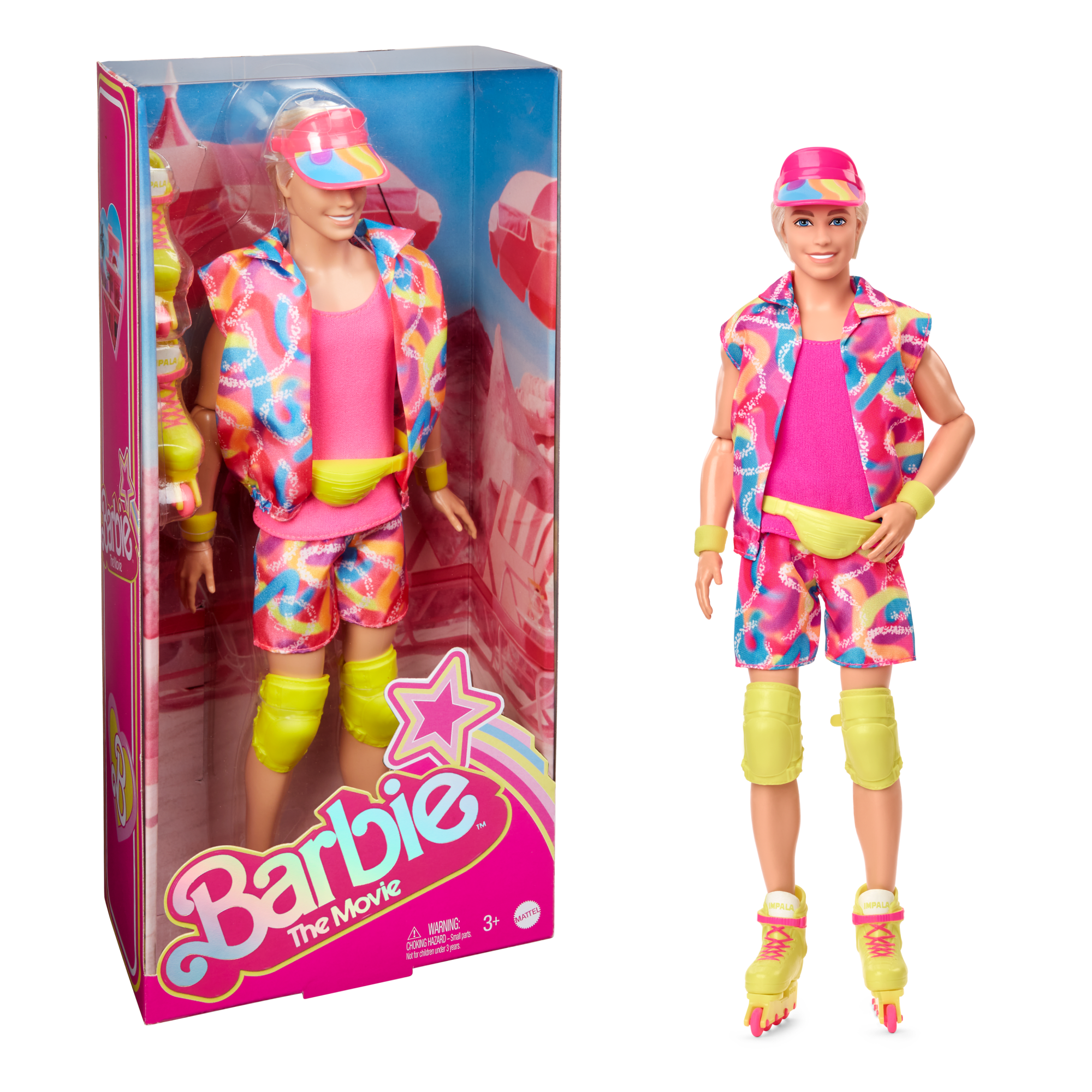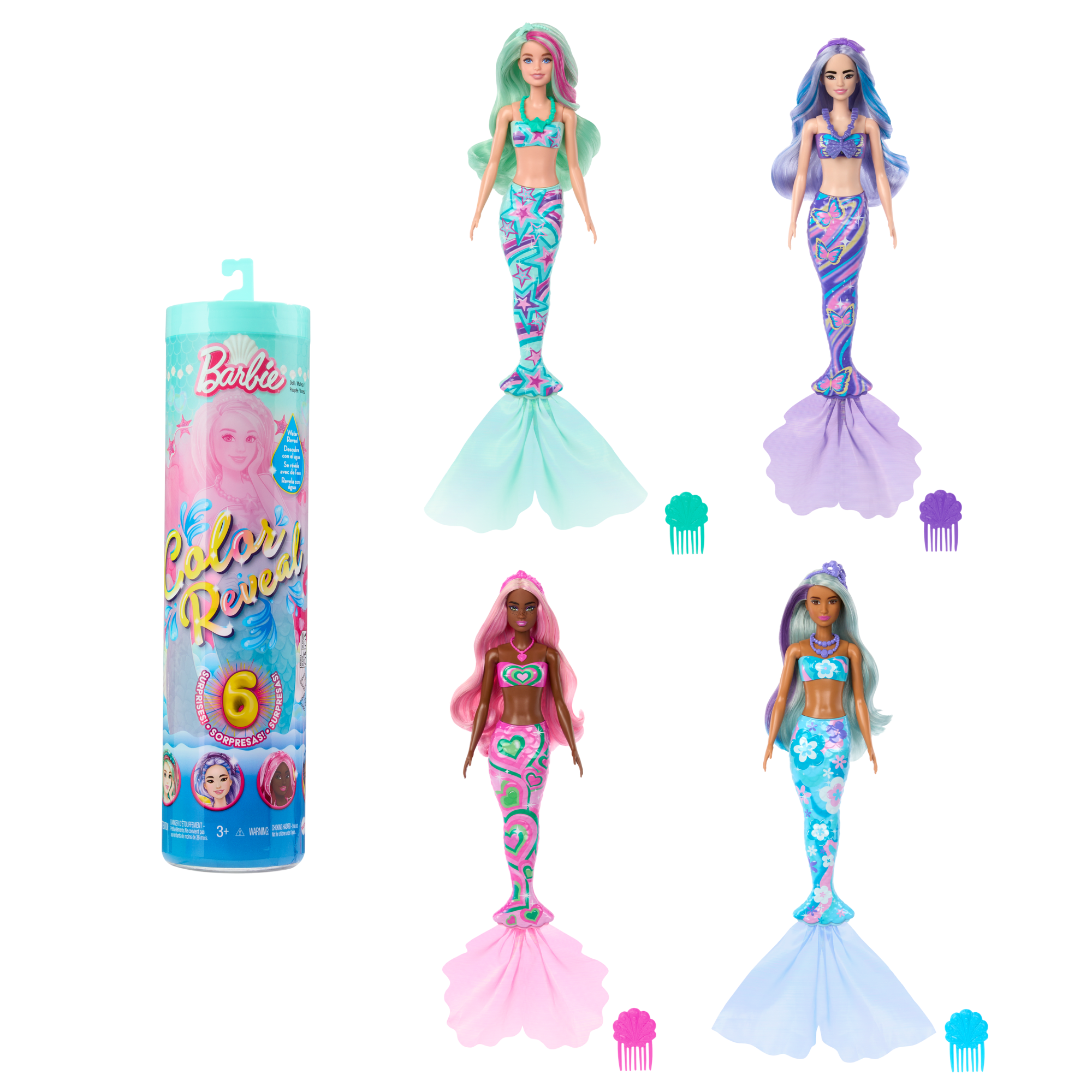The movie Barbie is a comedy-adventure film based on Mattel’s Barbie, a fashion doll that has been loved around the world for decades. Although the author is a male, some parts of the film are from a female point of view.
The movie “Barbie” is not just an adventure movie about a Barbie doll but also contains messages about contemporary gender issues and feminism. The film stars Margot Robbie as Barbie and star Ryan Gosling as Ken. The main storyline concerns Barbie and Ken’s flight from their pink-glowing utopia, “Barbie Land,” to the real world and the havoc they wreak.
While the excitement never ceases in the cute and comical world, it is also interspersed with feminist messages such as gender issues and diversity, making it thought-provoking entertainment for the whole family at times.
Barbie dolls in this film (excerpts)




From “Barbie Land,” a dreamland in pink, to the real world
Barbie Land, the setting of this film, is a dreamland where Barbies work in diverse occupations. The society in which Barbie and her friends live is overwhelmingly female-dominated, with Barbie working as a judge, astronaut, president, and in various other careers. And every day is a party, and the only worries are trivial ones like, “What should I wear for today’s dress?” What should I wear today?
One day, the main character, Barbie the Standard-Style Barbie, starts to feel uncomfortable with her supposedly perfect self and begins to think about “death.” This is when she and her boyfriend, Ken, enter the real world, where humans live outside of Barbie Land.
The real world that Barbie and Ken have arrived at differs entirely from Barbie Land. The real world that unfolds before their eyes is a male-dominated society, and Barbie’s fears and anxieties about “death” are also familiar everyday problems.
Barbie was particularly shocked by gender inequality and the division of roles based on social expectations. She begins to question the meaning of her existence due to the uncomfortable experiences and prejudices of being a woman.
On the other hand, for Ken, a man treated as an accessory to Barbie, seeing the imposing and confident men of the natural world provides an opportunity for self-affirmation. I couldn’t help but laugh at the film’s development, which highlights contemporary gender issues in a comical way.

The anguish Ken felt and the redefinition of masculinity.
Ryan Gosling plays Ken, the stereotypical blond, muscular, good-looking man.

Ryan Gosling plays his emotional fragility and subtlety well while comically showcasing his strength. In Barbie Land, Ken is insecure about his own masculinity and struggles with the conflict of “Is this the way it’s supposed to be?” and “Is this the right way to go?” He is treated as just another Barbie and is unable to establish his own identity.
However, in the real world, the social structure is male-dominated. Through Ken’s experiences in the real world, Ken gained a new sense of self-worth and “masculinity. Ken found it refreshing to be treated like he mattered, and he experienced a confidence and sense of superiority that he had never felt before. Ken yearns for the powerful and imposing masculinity of the real world. He brings “modern society masculinity” back to Barbie Land. As a result, Ken struggles again with the masculinity expected by the new society without knowing who he is.
The ironic development of the story is funny, but it is also a sad expression of men’s inner conflicts and anxieties, and it gives us mixed feelings.
In addition, the phrase “I am Kenough” that appears in the work is a coined word that is a cross between “I am enough” and Ken’s name. In other words, to accept yourself as you are rather than forcing yourself to conform to the expectations of others. I felt a sense of humor in the direction in which he finally realized that “I am enough as I am.
What is the “real perfection” that Barbie found?
The movie Barbie is also a story of self-discovery and growth.
She takes for granted that her life in Barbie Land is perfect. Still, when she encounters the lifestyles and problems of the women in the real world, she questions the perfection she had assumed and ventures out into the real world where people live.
When confronted with the diverse ways of life and values in human society and the real-life problems women face, she lets go of her attachment to her unchanging, perfect self. She wishes to live her life accepting its imperfections. She concludes that true perfection is affirming oneself as one is.
Greta Gerwig’s film Barbie was not only a comedy and an adventure to be enjoyed but also a socially conscious film with a feminist message of gender equality and diversity. It is the story of Barbie and Ken’s search for themselves and their growth, and the “perfection” they ultimately find is the importance of accepting themselves as they are without being bound by appearances or social expectations. It is a beautiful work that connects to the message “You can be anything” printed on the pink box of Barbie dolls.









